Due diligence is a term used in various fields and contexts to refer to the exhaustive investigation, analysis or review that a person or entity performs before making an important decision or carrying out a commercial, financial or legal transaction.
The primary purpose of due diligence is to obtain complete and accurate information about the situation or entity being evaluated. This allows interested parties to make informed decisions and minimize the risks associated with a specific action.
Some common examples of due diligence include:
Corporate due diligence
When a company plans a merger or acquisition, due diligence is conducted to assess the financial health, market position, reputation and other critical aspects of the target business.
Financial due diligence
Before investing in a project, company or asset, investors conduct a thorough analysis of financial statements, historical performance and future prospects to assess return potential and associated risks.
Legal due diligence
In the legal arena, it involves the review and analysis of legal documents, contracts, pending litigation and other relevant legal issues to ensure that there are no hidden legal issues.
Regulatory compliance due diligence
Financial institutions and other companies must comply with specific regulations, so they conduct due diligence to ensure that their operations and business practices comply with applicable laws and regulations.
What is due diligence in contract management?
Due diligence, in the context of contract management, refers to the thorough and careful assessment that is performed prior to the signing of an agreement to identify and fully understand all associated implications, obligations and risks. This process seeks to ensure that both parties involved in the contract have a clear understanding of what is expected of them and the potential challenges that could arise during the execution of the agreement.
The importance of due diligence in contract management
Risk mitigation
Due diligence helps identify potential risks and enables the parties involved to make informed decisions on how to address or mitigate them. This is especially relevant in long-term or large contracts, where risks can have a significant impact on an organization’s operations and finances.
Avoid misunderstandings and conflicts
By thoroughly reviewing the terms and conditions of the contract, misunderstandings that could lead to disputes and conflicts in the future can be avoided. Clear and precise wording is essential to avoid ambiguous interpretations and ensure that all parties have the same expectations.
Regulatory and legal compliance
Due diligence ensures that the contract complies with all applicable laws and regulations. This is especially relevant in international contracts, where legal and cultural differences can be a challenge.
Reputation protection
A poorly managed contract can have negative consequences for a company’s reputation. Due diligence helps to avoid compromising an organization’s values and image by ensuring that business partners are ethical and aligned with its principles.
Profit optimization
Due diligence not only focuses on risks, but also seeks to identify opportunities and advantages to be gained from the contract. By fully understanding the terms and conditions, parties can maximize the potential benefits.
Key steps in contract management due diligence
Information gathering
Gather and review all relevant information about the parties involved in the contract, including their credentials, business history, reputation and experience.
Legal analysis
Performs a thorough legal analysis of the contract to ensure that it complies with all applicable laws and regulations.
Financial evaluation
Examines the financial viability of the contract, including the costs involved and the impact on the company’s cash flow.
Risk identification and mitigation
Identifies and evaluates potential risks associated with the contract and develops plans to mitigate or address them appropriately.
Effective negotiation
Uses due diligence findings to negotiate terms and conditions favorable to both parties.
Adequate documentation
Ensures that the contract is drafted clearly and accurately, reflecting all aspects agreed upon during due diligence.
Bounsel helps you analyze your contract activity quickly and keep all your information in one place. In addition, it facilitates communication with your customers through easy-to-fill interactive forms, helps you manage approvals and sign with both biometric signature and digital certificate.
If you want to know more about Bounsel, request a demo. We will be happy to help you.









